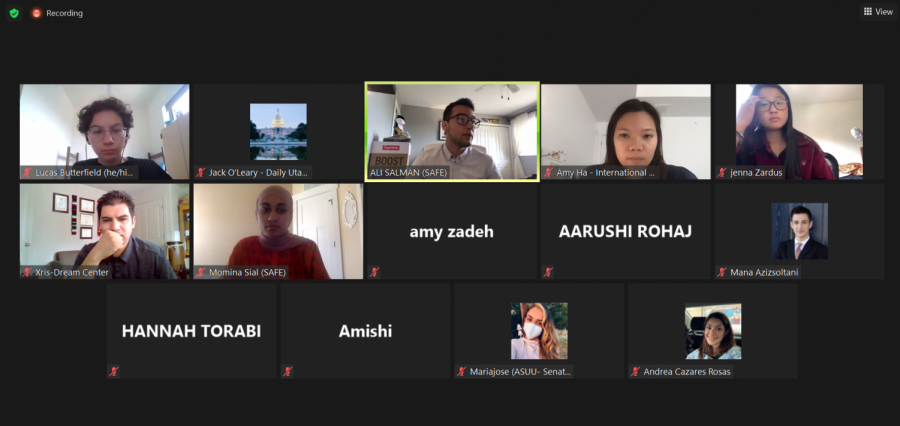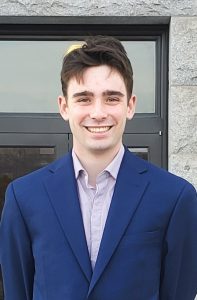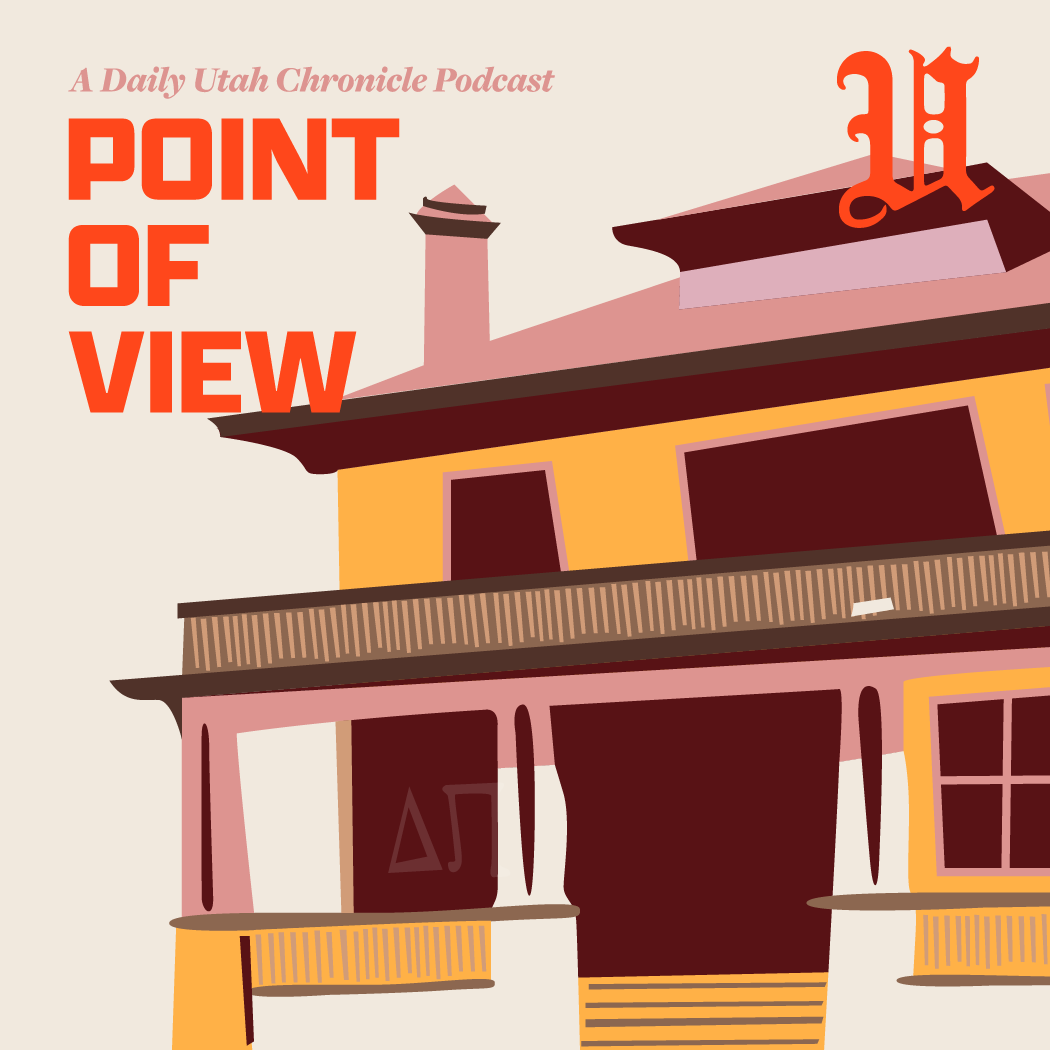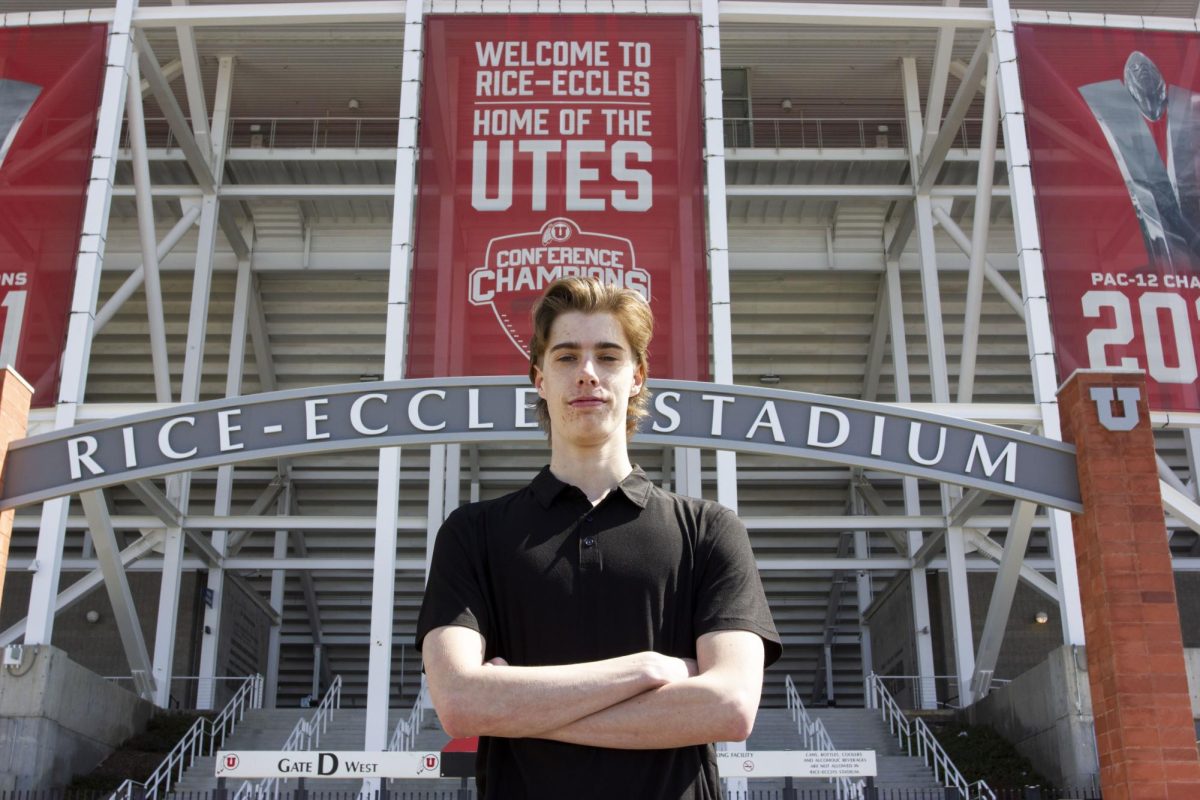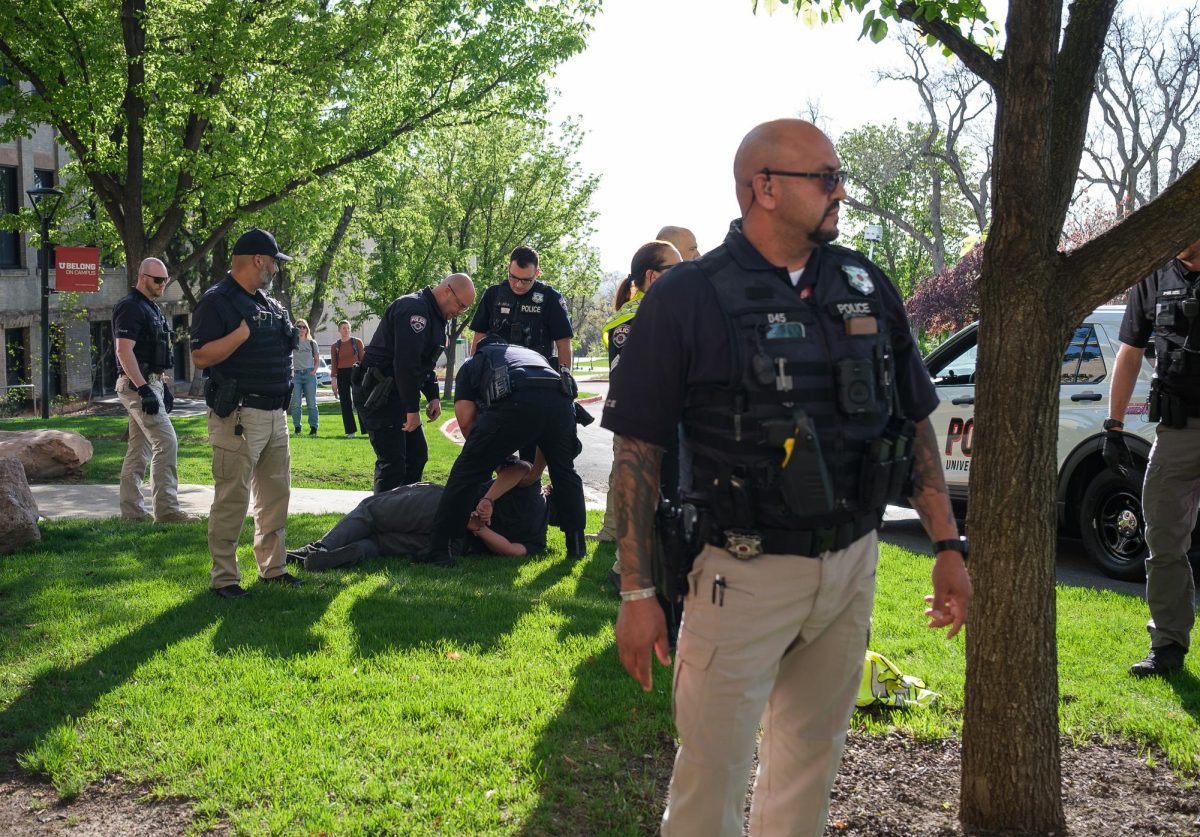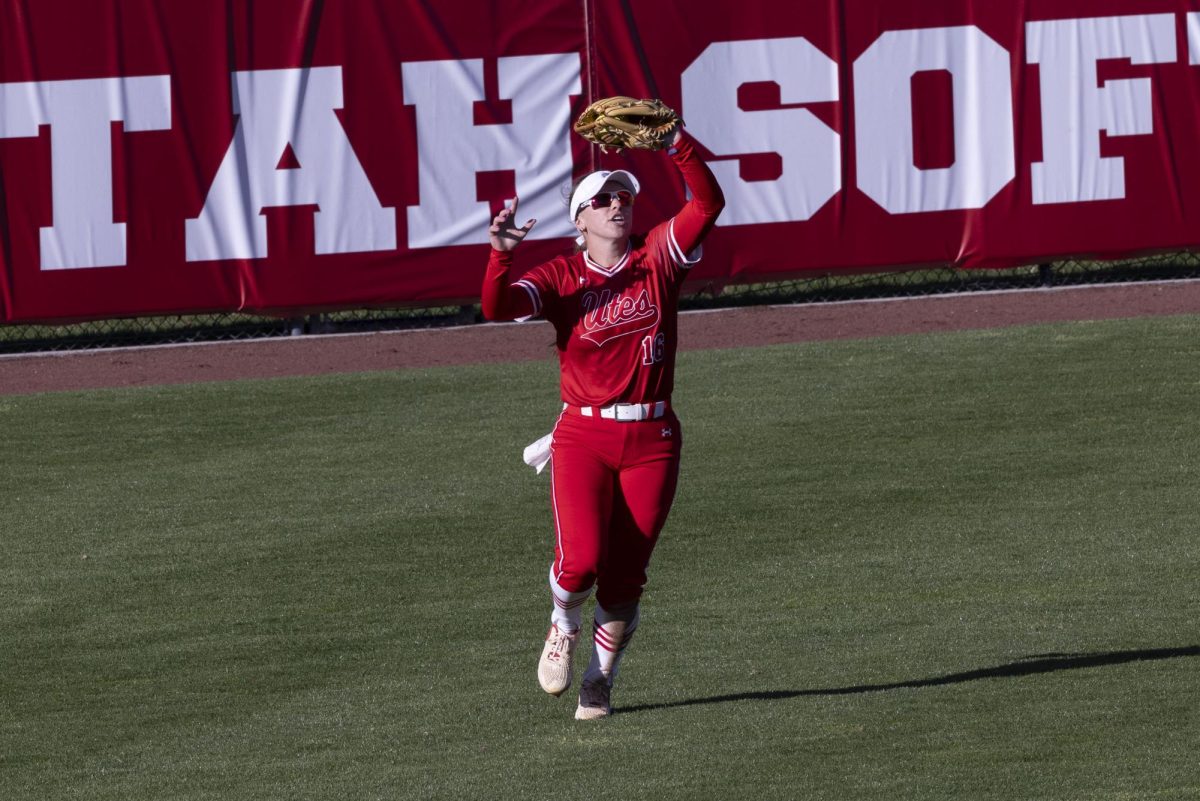SAFE Holds Diversity and Inclusion Forum
Organization Aims to Improve Student Resources and Bridge Gap Between Other Cultural Organizations
SAFE forum participants discuss ways to improve accessibility to student resources among diversity organizations
October 23, 2020
Students for Action Focused Empowerment (SAFE) held their first forum event on Friday, Oct. 23, with various cultural organizations and students to discuss how to improve the climate as well as diversity on campus. SAFE, a new organization to the University of Utah within the past year, was founded by junior and club President Aarushi Rohaj after noticing a lack of trust between students and the U.
“I just kind of noticed after Lauren McCluskey, the unfortunate case that happened, there was a lot of strife, all across campus due to safety culture and students not feeling safe and so that kind of just pushed me to create a student-led organization where students could get more involved with safety culture on campus,” Rohaj said.
SAFE has five different committees dedicated to focusing on different aspects of safety: mental health, diversity and inclusion, dating culture, police relations, and infrastructure.
The diversity and inclusion forum, moderated by Junior Committee Chairman Ali Salman, met with leaders from multiple campus groups in order to hear how they can increase resources for diversity.
“Personally as a Middle Eastern and Latino student on campus, it’s tough to find just one place to go if that makes sense, and I found a lot of support through the organizations that I joined, and I think that’s a way that a lot of students, especially new students, international students kind of work through these clubs and organizations,” Salman said.
On the topic of how universities have handled diversity in the face of increased racial protests, Andrea Cazaers, Chief of Student Engagement for Businesses Leaders Incorporated, felt that there are a lot of unknown barriers faced by students of color within the predominantly white university.
Cazaers also felt that while the community cannot stop individuals from being racist or prejudiced, the community can work to make people feel like they belong and educate others about their experiences.
“Back when COVID-19 first started and exploded in the United States a lot of Asian students and Asian Americans felt unsafe because there was a lot of hatred towards that minority community, and back at the time, we [International Student Council] made sure to share information to make sure Asian students felt safe to go to school and interact with the community on campus and in Salt Lake City as well because they [Asian American students] need to feel safe at home,” said International Student Council officer Amy Hu, who has been at the U for two years and is originally from Vietnam.
Xris Macias, Director of the Dream Center, which works with undocumented students and mixed-status families, wanted students to be more aware that the Dream Center provides more connections and resources others may not be aware of.
According to Macias, undocumented students may think they do not qualify for financial aid, and his organization helps students see how they would qualify or if they could even get aid under FAFSA or Pell Grant programs without their information being reported to the government.
“Diversity inclusion these type of conversation conversations are just paramount importance to everybody, and I think like we mentioned before, it shouldn’t have feel like a checkbox that you have to mark off. In order to go to the next step of whether it be your classes and things like that so I feel like we need to find a way in order to present this to individuals to show that it is important then we want to continue this conversation,” Cazaers said.
The Diversity and Inclusion committee hopes to keep making connections between these campus groups.
According to freshman club member Lucas Butterfield, SAFE brings is an opportunity for him and others to get involved on campus as well as create previously non-existing connections between groups working to make the university more inclusive for everybody.


